The first synthetic plastic was produced in 1907, marking the beginning of the global plastics industry. However, rapid growth in global plastic production was not realized until the 1950s.
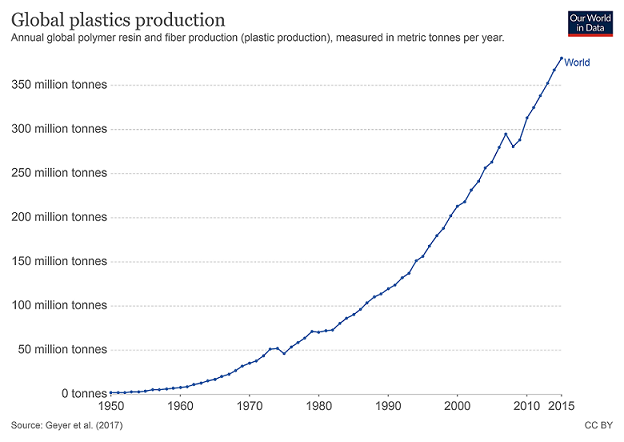
While plastic has many valuable uses, we have become addicted to single-use or disposable plastic — with severe environmental consequences. Around the world, one million plastic drinking bottles are purchased every minute, while up to 5 trillion single-use plastic bags are used worldwide every year. In total, half of all plastic produced is designed to be used only once — and then thrown away.
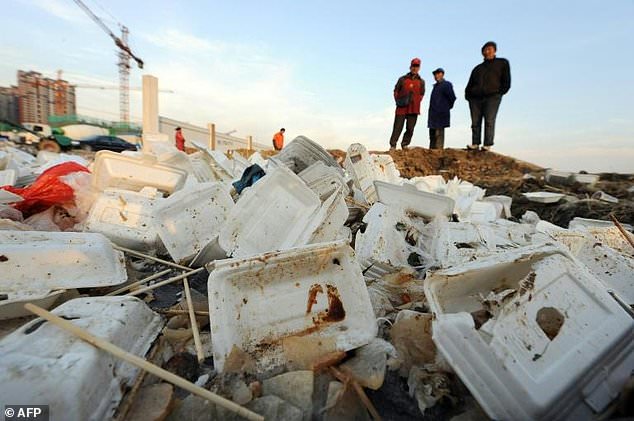
from the 1950s to the 70s, only a small amount of plastic was produced, so plastic waste was relatively manageable.
By the 1990s, plastic waste generation had more than tripled in two decades, following a similar rise in plastic production
In the early 2000s, our output of plastic waste rose more in a single decade than it had in the previous 40 years
Today, we produce about 300 million tonnes of plastic waste every year, that's nearly equivalent to the weight of the entire human population.
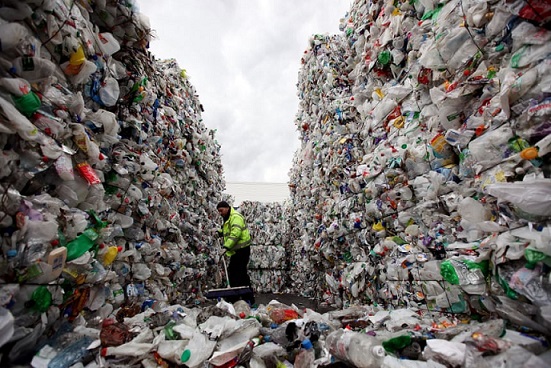
More than 99% of plastics are produced from chemicals derived from oil, natural gas and coal — all of which are dirty, non-renewable resources.
Drink bottles, bottle caps, food wrappers, grocery bags, drink lids, straws, these single-use plastic products are everywhere. Many of us use these products every day, without even thinking about where they might end up.
Only 9% of all plastic waste ever produced has been recycled. About 12% has been incinerated, while the rest 79% has accumulated in landfills, dumps or go to the ocean, to the natural environment.
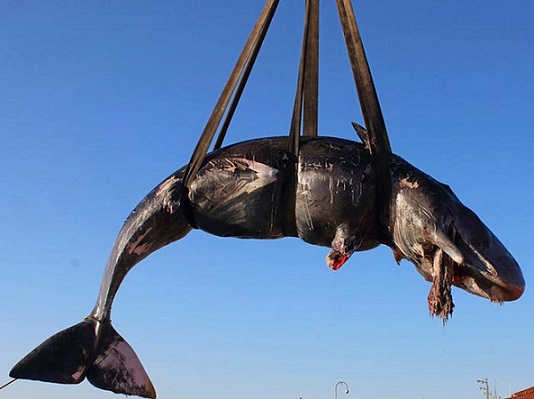
A whale is lifted up onto a truck after being recovered off Sardinia island, Italy. The 26-foot-long sperm whale was found dead with 48.5 pounds of plastic found in its belly.
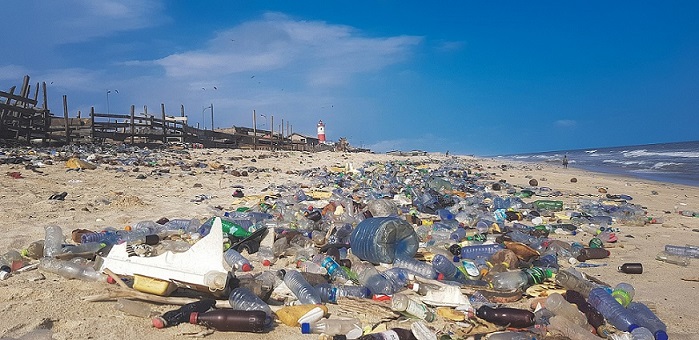
But the world is waking up to the problem, and governments are starting to act in the last decade, dozens of national and local governments around the world have adopted policies to reduce the use of disposable plastic. And the number continues to grow.
We should say "no" to plastic, specially for the single-used items such as tableware, garbage bag etc.. We’ve seen a lot of positive action, but the truth is that we all need to do more.
Bamboo Biodegradable Material(BBM) is sourced from nature bamboo, 100% biodegradable, compost and non-plastic, BBM is able to replace of plastics to produce disposable tableware, food packaging, medical packaging and toys, film, etc. , easy process and eco-friendly.
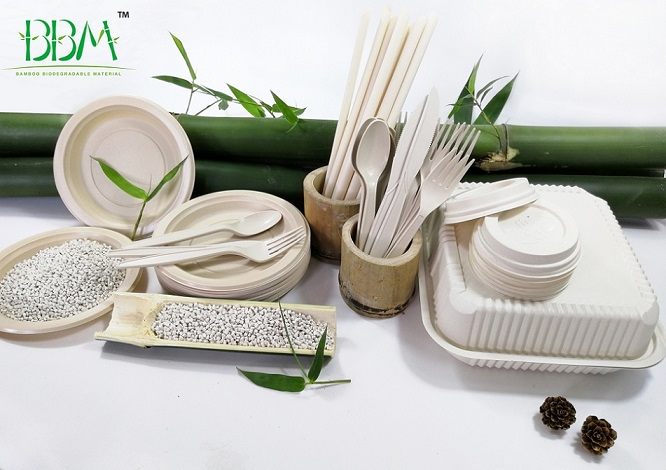
-----------------Kelly
Scan to wechat:
